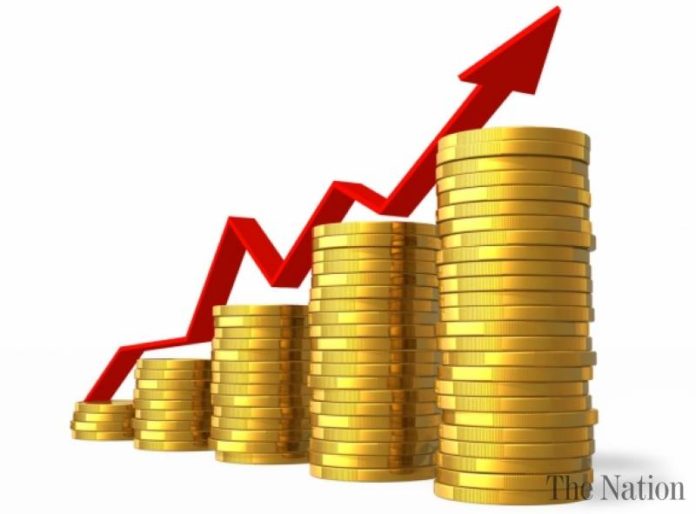Most parts of the City of Carlsbad’s economy saw healthy gains in the first quarter of the fiscal year. Combined with spending less than anticipated, the city is on track to end the 2021-22 fiscal year June 30 with a budget surplus, according to a financial update delivered to the City Council on Tuesday.
Since the COVID-19 emergency began, city staff has been giving the City Council quarterly updates on city finances and the economy. The latest report shows city revenues have increased in almost all categories compared to this time last year. Spending is lower than anticipated for a variety of reasons, including new efficiencies and a large number of vacancies due to the tight labor market.
Thanks to a stronger than anticipated economic rebound and careful spending, the city ended the 2020-21 fiscal year with a more than $15 million surplus. Since then, most state and county public health restrictions on businesses have been lifted, giving the economy another boost, despite the challenges of the Delta variant.
City revenues are up in seven out of 10 categories, including big-ticket segments like sales tax and hotel room tax, officially known as transit occupancy tax.
Hotel room tax. The city’s transit occupancy tax is at $10 million, up 224% from this time last year when many hotels were fully or partially closed because of the pandemic. In fact, the first quarter of the fiscal year saw the highest hotel tax revenue than any single quarter in the city’s history.
Sales tax. Sales tax has increased 31% or $3.03 million, thanks to pent up demand and the city’s diverse sales tax base, which includes an auto mall, regional retail centers and in-demand niche shops.
Property tax. Carlsbad’s largest single revenue source for day to day city spending comes in mostly twice a year, tied to when property taxes are paid (December and April). As a result, the first quarter report doesn’t reflect what the city expects to receive over the entire year. The median home value in Carlsbad has increased 32% over the past year to a new high of $1.23 million. This is attributed to low interest rates, high demand and low supply.
Spending. The city continues to keep a careful eye on spending, at a rate that’s about the same as it was this time last year. That doesn’t count two expenditures tied to surplus funds from 2020-21 to support City Council priorities: $10.7 million toward the city’s strategic digital infrastructure strategy, and a $7.8 million transfer into the city’s General Capital Construction Fund, which can go toward future city projects.
Other city funds. The city’s municipal golf course, The Crossings at Carlsbad, has generated $240,000 more income than expected in the first quarter of the fiscal year, due to higher-than-expected demand for golf. The city’s water and wastewater enterprise funds continue to operate within budget.
The latest report also shows Carlsbad’s overall economy has fared well through the pandemic, in part, because it includes diverse industries.
The city’s gross regional product was worth $15.3 billion in 2020, second only in the county to the City of San Diego. Still, volatility in the labor market continues to present challenges across the country and in our region. In September, the latest month available, unemployment was at 5.6% for the county and 4.7% for Carlsbad.


















